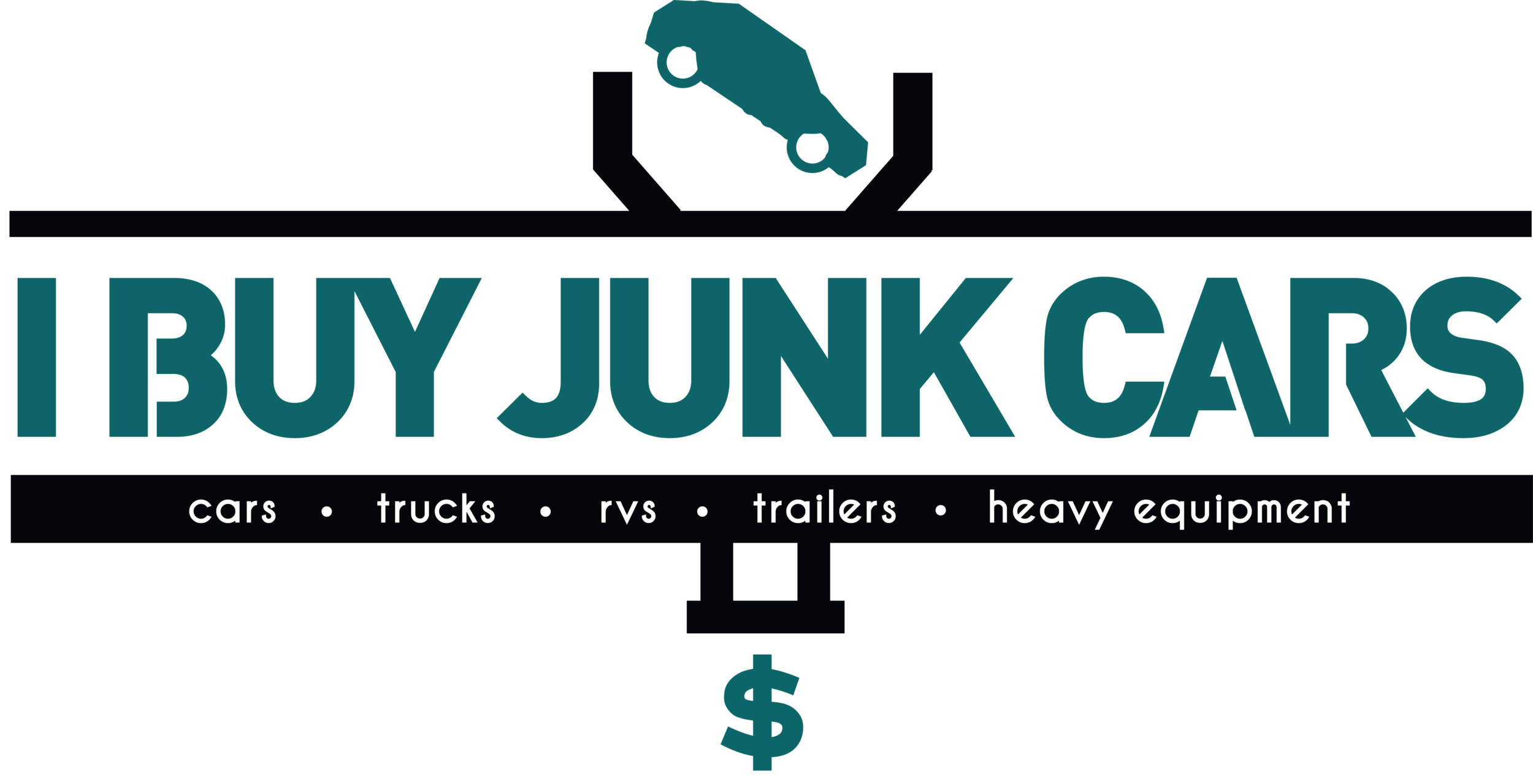How The Condition Of A Junk Car Affects Its Value
Junk car buyers assess various aspects of a vehicle to determine its worth, and understanding these factors can help maximize the return when selling an old or damaged car
The value of a junk car is determined by a range of factors, with its condition being one of the most significant. Junk car buyers assess various aspects of a vehicle to determine its worth, and understanding these factors can help maximize the return when selling an old or damaged car.
Body And Exterior Condition
The state of a car's exterior substantially impacts its value. A vehicle with minimal rust, dents, and scratches often costs more than one with severe damage. Intact body panels and structural integrity increase the likelihood of salvaging valuable components, making the car more appealing to buyers.
Engine And Mechanical Functionality
A working engine, even if not in peak condition, significantly boosts the value of a junk car. Junk car buyers often look for parts that can be reused or refurbished, and an operational engine provides more opportunities for resale or repair. On the other hand, non-functioning engines decrease the value, although some buyers may still find interest in specific components.
Interior Features And Conditions
The condition of the interior also contributes to the overall value. Seats, dashboard components, and electronics in good shape can add to the car's worth. Vehicles with extensive interior damage, such as torn upholstery or broken controls, are generally valued lower, as fewer salvageable parts remain.
Mileage And Age
Lower mileage often translates to higher value, as parts from less-driven cars tend to have more life left in them. Older vehicles, especially those with high mileage, are often worth less due to wear. However, specific older models with rare or desirable parts may still command a fair price.
Market Demand For Parts
The demand for specific parts can influence the value of a junk car. Popular makes and models with many compatible vehicles on the road tend to attract more interest from buyers. Cars with rare or unique components may also be valued higher, especially if those parts are hard to find elsewhere.
Title Status
A clean title simplifies transferring ownership, which can positively boost the value of a junk car. Cars without a title may still have value but require additional steps for the buyer to process. Proper documentation can streamline the sale and make the car more attractive to buyers.
Scrap Metal Value
The car's weight and the up-to-date market value of scrap metal play a role in determining its worth. Heavier vehicles with substantial amounts of usable metal often fetch better prices, especially when scrap metal prices are high. Conversely, lightweight vehicles may yield lower offers, as their metal content is less substantial.
Environmental Factors And Location
Geographic location can influence a junk car's value. Areas with high demand for scrap metal or car parts may offer better prices. Additionally, local regulations regarding junk cars and recycling processes can impact the transaction. Understanding regional factors helps sellers make informed decisions.
Selling a junk car often involves weighing its condition against potential offers. Junk car buyers evaluate each vehicle using a combination of factors, verifying a fair and competitive price. By recognizing the elements that influence value, sellers can maximize their transactions while contributing to the efficient recycling of automotive materials.
If you are in the Phoenix Metro area and want a no-hassle cash offer on an old, wrecked, unwanted, salvage or burned car, SUV, van or truck, give us a call at I Buy Junk Cars. 480-771-8290.

